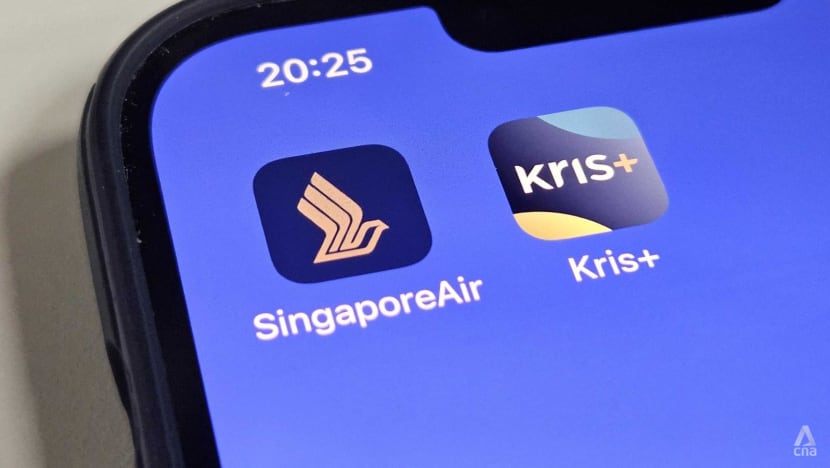Source:
ChatGPT:
Dynamic pricing is not new. Carriers such as Delta, United, Air France-KLM, and Virgin Atlantic have already adopted it, often justifying the change as delivering greater flexibility, more availability, and no blackout dates. In practice, however, it has led to loss of transparency, stealthy price hikes, and diminished value for members. With no fixed chart, redemption prices can be changed overnight without notice, leaving customers uncertain whether to save or spend miles. Many may instead shift to flexible bank rewards points, weakening airline loyalty.
Another consequence is the removal of sweet spots—redemptions where fixed-mileage awards deliver exceptional value compared to cash fares. For instance, a Business Class ticket from Singapore to Cape Town currently costs 56,500 miles, far below its cash equivalent of S$4,000. Under dynamic pricing, such outsized value disappears as mileage requirements track market fares more closely. Airlines also tend to impose floors, meaning members don’t benefit proportionally when cash prices fall.
Dynamic pricing risks alienating loyal customers. Frequent flyer miles, accumulated slowly over years of travel, may lose predictability and reliability. Although SIA insists Access awards will supplement rather than replace Saver and Advantage awards, history elsewhere suggests gradual expansion of dynamic pricing. Competitors in the region may follow suit, potentially reshaping the frequent flyer landscape in Asia.

No comments:
Post a Comment